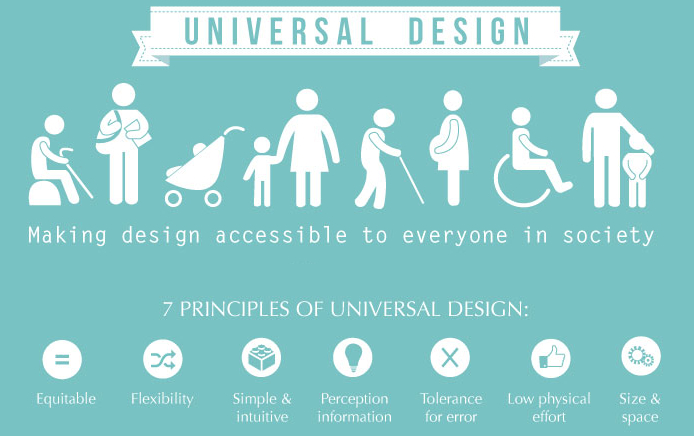
Fourteen years ago on a trip to the United States of America, G. Gopalakrishna noticed the importance of having proper signage for differently-abled persons, specifically for the visually impaired.The observations he made complemented his ongoing research in the area of developing accessible signage back home in Bangalore, and it recently culminated when he discovered an easy design that brought the cost down by nearly 30 per cent in the international market.
On Thursday, Mr. Gopalakrishna, was among several others who was awarded the NCPEDP-Mphasis Universal Design Award here for “exemplary work towards the cause of accessibility” and for “ensuring a life of equality and dignity for people with disabilities”.
“I discovered a fool-proof method which I have named ‘Cone Braille’ design, which I have developed with the help of my engineer-nephew and his colleagues. The new design has also pushed the cost of these signs down by nearly 30 per cent, which will help us save money instead of having to import it,” he said.
Yet, Mr. Gopalakrishna has not been as fortunate as Prashant Naik, also an award winner, in convincing government department or private builders to take signages seriously enough to factor it into the design stage. Mr. Naik, who is an assistant manager with the Union Bank of India, Mumbai, has played an important role in a committee set up to provide assistive devices to blind employees and those with low vision working with the Government of Maharashtra. “Our latest project has been one in which we have developed a first-of-its-kind website – a locator for talking ATMs in India so it can be easily accessible by users,” he said.
The awards, which were handed out across three categories — persons with disabilities, working professionals and corporate and organisations — was also given to initiatives such as making child protection services inclusive, starting a cab service for people with mobility impairments, or developing a comprehensive dictionary for Indian sign language. The ‘Working Group for Disability Inclusive Microfinance’ won an award for taking a “simple model” and implementing it at the grassroots level for financial inclusion of differently-abled persons.
Honorary Director, National Centre for Promotion of Employment for Disabled People (NCPEDP), Javed Abidi said India has woken up very late to the issue of accessibility. “When I returned to the Capital after an educational stint abroad in 1989, there was not a single ramp in the city. This was more than 40 years after Independence,” he said. While the access movement has slowly picked up from the interpretation of a ramp and a wheelchair-accessible toilet, Mr. Abidi believes a lot more needs to be done. “We are very consciously giving away these awards on the eve of Independence Day since it is symbolic. What is this that we are celebrating? Is it merely that the British have left the country? We are celebrating much more. If we are celebrating the spirit of freedom then are we really free?” he said.
Source : http://www.thehindu.com/news/cities/Delhi/designed-to-improve-equality-and-accessibility/article6323023.ece?utm_source=RSS_Feed&utm_medium=RSS&utm_campaign=RSS_Syndication